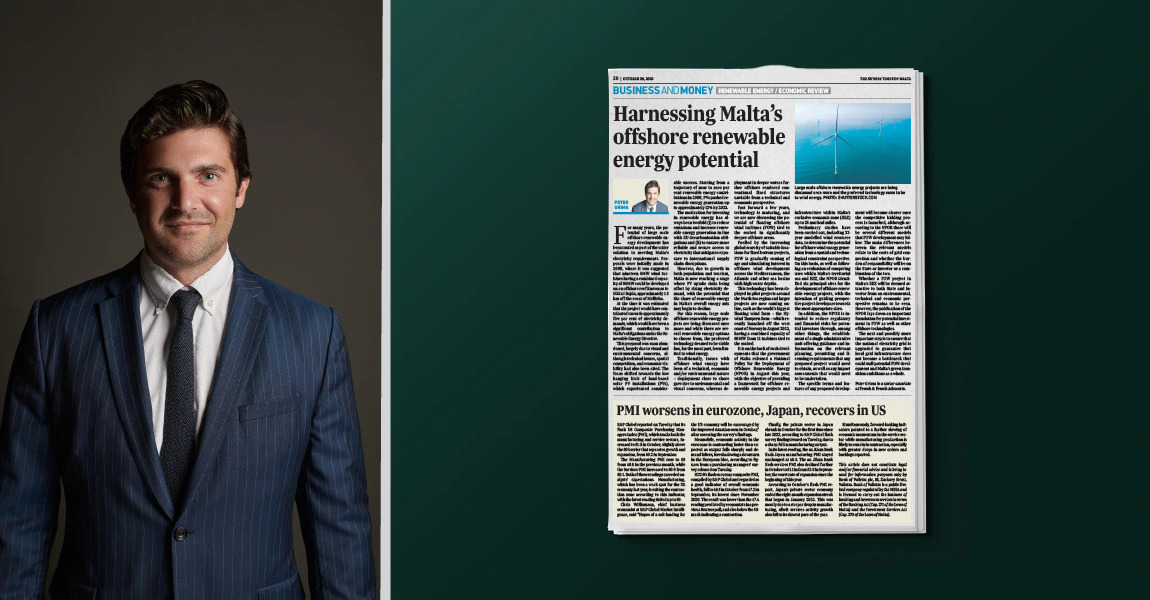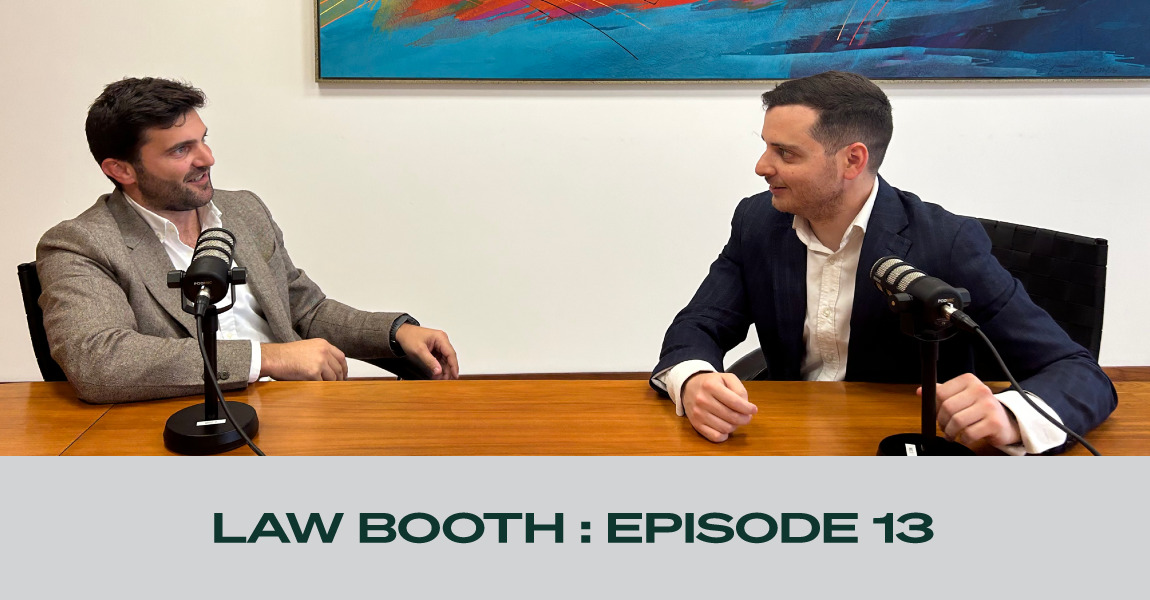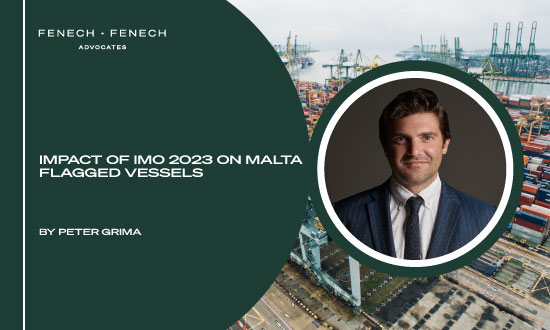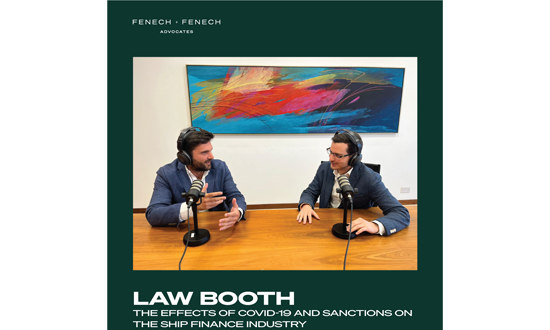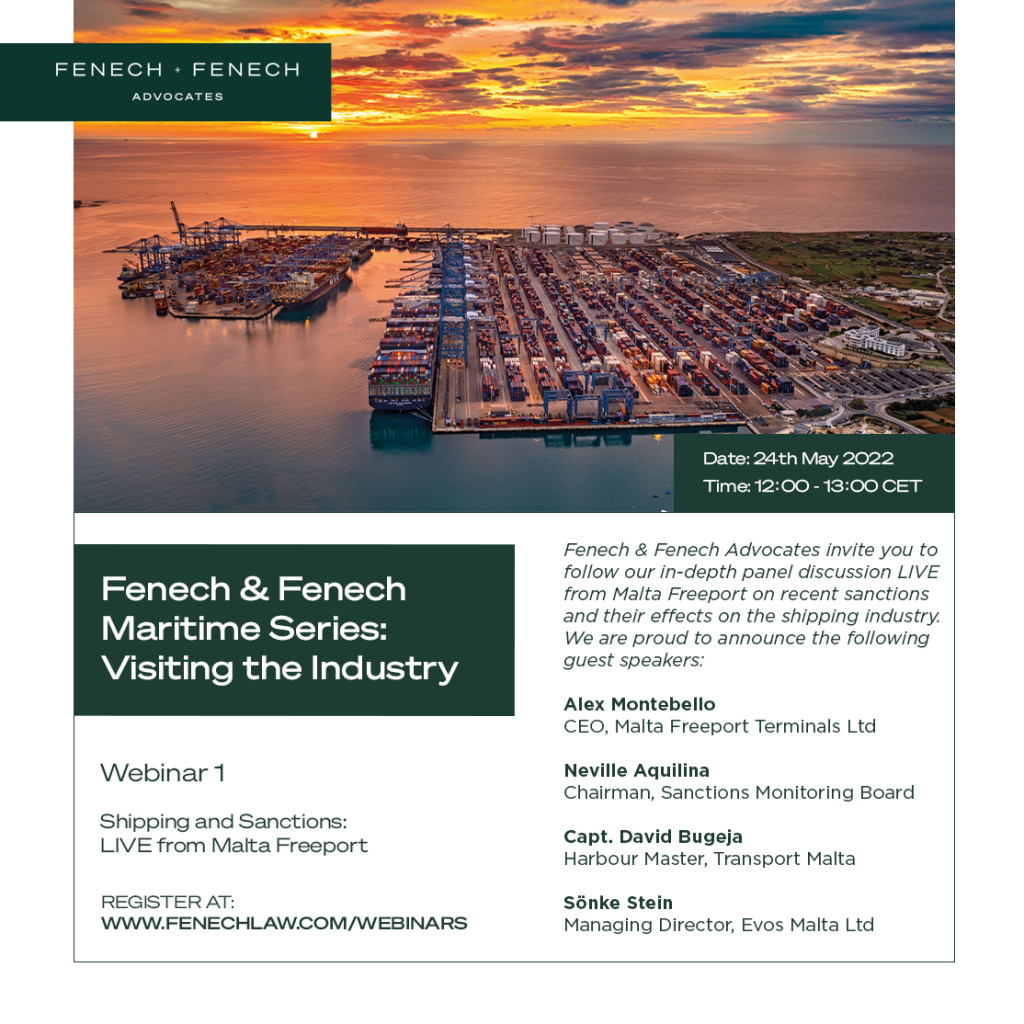With years of experience in the field, the specialist team of ship finance lawyers regularly advises clients on financings and restructurings with the involvement of major international banks, leasing houses and other financial institutions. The team assists lenders with a comprehensive range of registered and non-registered security options for both mainstream and complex ship finance and lease finance transactions.
The experience of the ship finance department is backed up by market-leading expertise from the wider industry groups of ship registration, yachting and maritime litigation, which enables the team to provide sophisticated advice and assistance, including advice on ship sale and purchase, shipbuilding contracts, ship registration, construction, operation and enforcement.
FAQS
What security options does Maltese shipping law provide?
The Merchant Shipping Act (Chapter 234 of the Laws of Malta) maintains that a debt or other obligation may be secured either by agreement or by operation of law and provides for three forms of security: 1) General Hypothecs; 2) Special Privileges; and 3) Mortgages.
What is the main security used in ship finance transactions involving Malta flagged vessels?
The ship mortgage and collateral deed of covenants are the principal forms of security granted over a Malta flagged vessel to secure any debt or other obligation. The registered mortgage is considered an executive title and therefore immediately enforceable upon tendering notice of default and for this reason is considered the most attractive security available to a lender. Additional security that may form part of the security package would include share pledges, account pledges, personal or corporate guarantees and assignments of earnings, insurances and requisition compensation.
What are the main formalities for the constitution of the Maltese ship mortgage?
Formalities would include the drafting and registration of the ship mortgage before the Registrar of Ships. The mortgage is to be drawn up in the English language and within the statutory form prescribed by law and recognised by the Malta Ship Registry.
How is the ranking of mortgagees determined?
Ranking is determined according to the time and date of registration of the mortgage instrument at the Malta Ship Registry, which is confirmed by the Registrar of Ships upon the delivery of instructions to register the mortgage.
Is information at the Maltese Ship Registry available to the public?
The Ship Registry is a public registry and freely accessible to the general public. The Ship Registry is not however a remotely accessible registry and therefore information may only be obtained through physical searches conducted at the offices of the Merchant Shipping Directorate within Transport Malta or through ordering a Transcript of Register of the particular vessel.
Does the deed of covenants need to be registered?
A deed of covenants collateral to a mortgage, whether governed by Maltese law or non-Maltese law, is not registrable. The Ship Registry does however accept the registration of an irrevocable power of attorney granted in favour of a mortgagee which is usually contained as an annex to the deed of covenants. The benefit of registration of the irrevocable power of attorney is that it can allow for swifter enforcement in cases of default.
What are the benefits of a Maltese ship mortgage towards financiers?
There are several benefits to a Maltese ship mortgage, principal amongst which is that a mortgage is deemed to be an executive title at law, rendering the mortgage immediately enforceable without the need for any judicial proceedings. Other benefits would include the power of the mortgagee to prohibit the creation of any further mortgages, as well as to prohibit the transfer of ownership or the deletion of the vessel without the prior written consent of the mortgagee.
What are the instances in which a registered mortgage would need to be amended?
With some exceptions, there are two instances in which a registered mortgage would need to be amended in the interests of the lender: - where there is an increase in the amount of capital secured by the registered mortgage, which would not include any agreement to amend the rates of interest payable or the modalities for the calculation of interest; and - where the mortgage is to extend to secure any other obligation of the mortgage whether as principal debtor or as surety for any other person, in favour of the mortgagee. Registration of an amendment mortgage for any other reason is optional.
What are the rights of the mortgagee under the registered mortgage and collateral deed of covenants?
Upon giving notice of default, the mortgagee is granted several avenues to enforce its claims, which would include the rights of the mortgagee to: - take possession of the mortgaged vessel; - seek the private sale of the mortgaged vessel; - demand a judicial sale by auction of the vessel in Malta; and - request the court to approve a private sale of the vessel.









